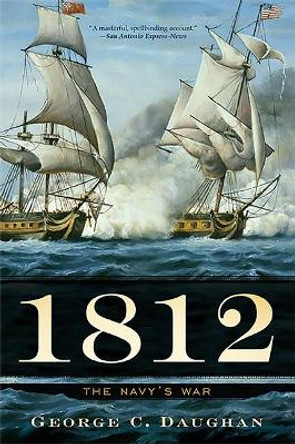Description
No part of the country was more contested during the American Revolution than New York City, the Hudson River, and the surrounding counties. Political and military leaders on both sides viewed the Hudson River Valley as the American jugular, which, if cut, would quickly bleed the rebellion to death.
So in 1776, King George III sent the largest amphibious force ever assembled to seize Manhattan and use it as a base from which to push up the Hudson River Valley for a grand rendezvous at Albany with an impressive army driving down from Canada. George Washington and every other patriot leader shared the king's fixation with the Hudson. Generations of American and British historians have held the same view. In fact, one of the few things that scholars have agreed upon is that the British strategy, though disastrously executed, should have been swift and effective. Until now, no one has argued that this plan of action was lunacy from the beginning.
Revolution on the Hudson makes the bold new argument that Britain's attempt to cut off New England never would have worked, and that doggedly pursuing dominance of the Hudson ultimately cost the crown her colonies. It unpacks intricate military maneuvers on land and sea, introduces the personalities presiding over each side's strategy, and reinterprets the vagaries of colonial politics to offer a thrilling response to one of our most vexing historical questions: How could a fledgling nation have defeated the most powerful war machine of the era?
George C. Daughan-winner of the prestigious Samuel Eliot Morrison Award for Naval Literature-integrates the war's naval elements with its political, military, economic, and social dimensions to create a major new study of the American Revolution. Revolution on the Hudson offers a much clearer understanding of our founding conflict, and how it transformed a rebellion that Britain should have crushed into a war they could never win.
About the Author
George C. Daughan holds a PhD from Harvard University, where he studied under Henry Kissinger. One of his previous books, If By Sea, won the Samuel Eliot Morison Award for Naval Literature, and he has been honored with the Samuel Eliot Morison Award from the USS Constitution Museum for his work as a naval scholar. He lives in New Hampshire.
Reviews
"In this fresh, vivid, and often surprising telling of the Revolutionary War, George Daughan explores the timeless theme of hubris and the critical role of geography in the making of American independence. A commanding, compelling performance by an inspired historian." -- Evan Thomas, author of John Paul Jones and Being Nixon
"George C. Daughan's narrative is by turns suspenseful, elegant, and moving. He entwines lucid analysis of politics and diplomacy with expertly rendered accounts of the military and naval campaigns." -- Ian W. Toll, best-selling author of Six Frigates
"[A]n exacting account of the personal and national cost of the rebellion on both sides." -- Paula Uruburu - New York Times Book Review
"[Daughan] deftly highlights how naval power shaped even war on land." -- William Anthony Hay - Wall Street Journal
"In this sharply drawn narrative, Daughan offers something truly valuable: a focus on the grand scale." -- Noah Benjamin-Pollack - National Book Review
"[An] enlightening combination of military and regional history." -- Mark Levine - Booklist
Book Information
ISBN 9780393245721
Author George C. Daughan
Format Hardback
Page Count 432
Imprint WW Norton & Co
Publisher WW Norton & Co
Weight(grams) 773g
Dimensions(mm) 244mm * 165mm * 38mm





